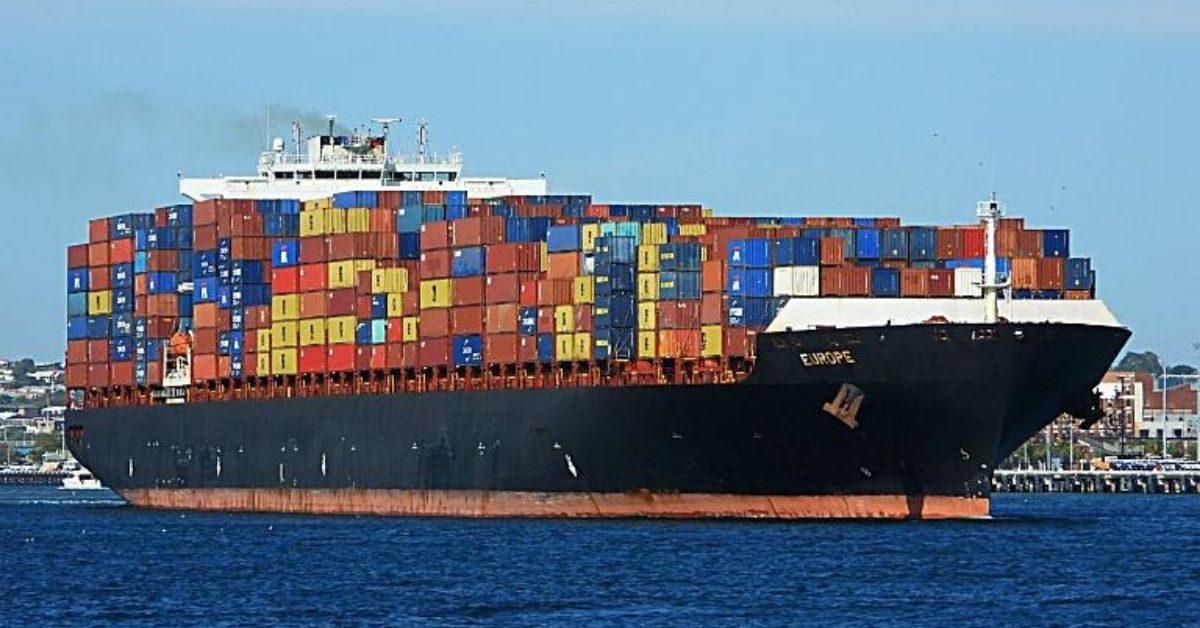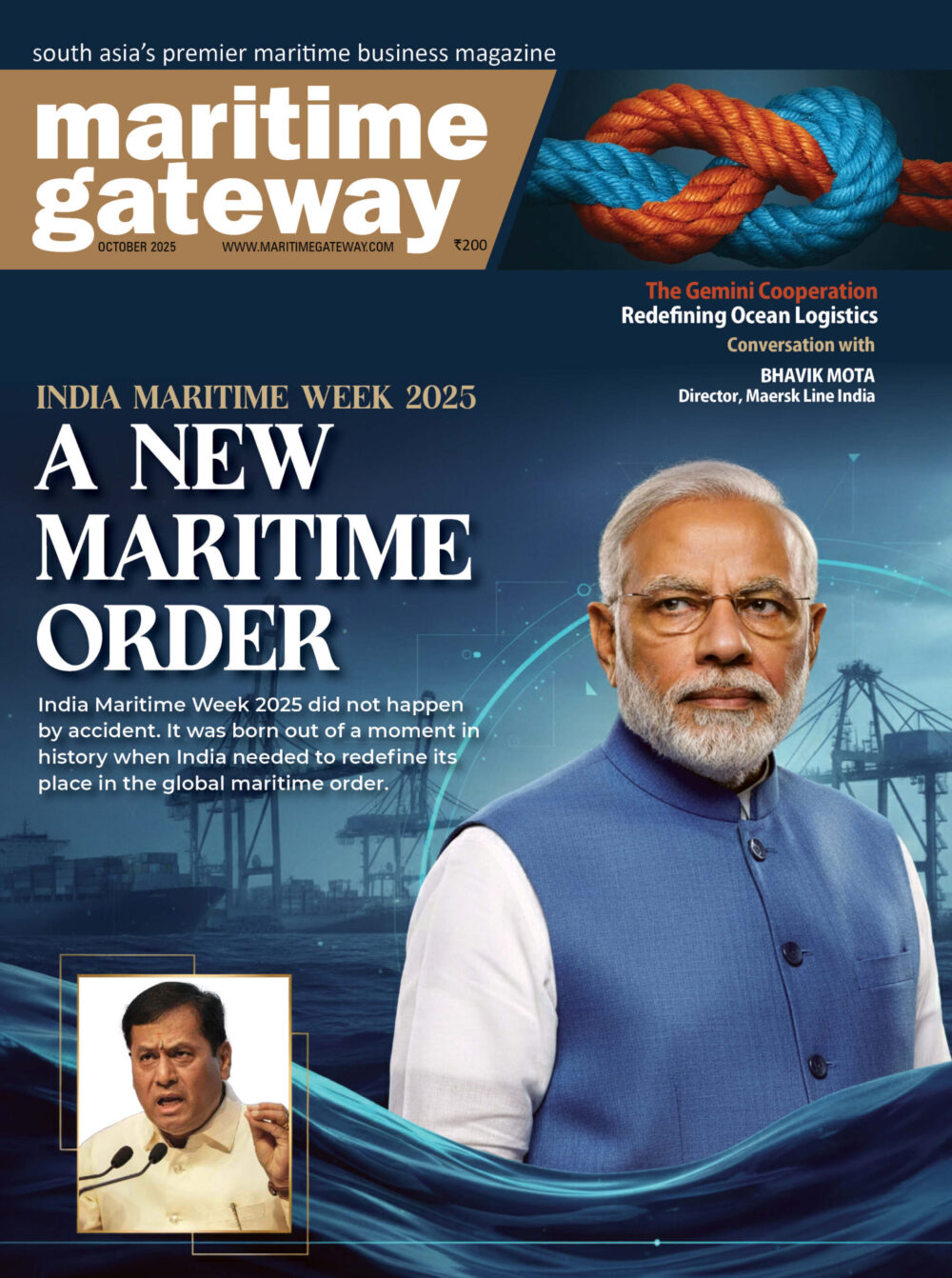There was no shortage of regulatory headlines in 2023 – with MEPC 80 adopting a revised GHG strategy, the IMO’s Carbon Intensity Indicator (CII) taking effect, and the EU formally extending the Emissions Trading System (ETS) to shipping, it was the year when the conversation on decarbonisation moved from concept to implementation.
Now shipping must prepare for the next phase: reality checks. The industry will have to find its feet under EU ETS and vessels will soon receive their first ever CII ratings. For shipowners and charterers, this brings to the forefront a consideration that was too often overlooked in the industry’s decarbonisation debate: energy and operational efficiency. Expect voyage optimisation, digital systems, wind propulsion and clean technologies to all gain in prominence in 2024.
Change is coming…
Alongside technology implementation, a key question as we enter 2024 will be how commercial and contractual relationships evolve. The ways in which the different stakeholders involved in maritime transportation rethink their contractual arrangements to share costs and risks, but also remove split incentives that reward inefficient practices, will be critical to make the transition work in practice for companies.
Whether the industry collaborates to solve this puzzle and how will impact everything, from a company’s ability to set the right price for its voyages, to the responsibility and practicalities of buying, managing, and surrendering allowances. This will require not only good will, but also solid data analysis to bring all stakeholders on the same page and inform decision-making on any sharing mechanisms.
The months ahead will also define another key trend: environmental scrutiny will continue to expand beyond carbon emissions and encompass other aspects of ESG performance. 2024 will see the phasing in of the EU’s Corporate Sustainability Reporting Directive (CSRD), requiring detailed ESG reporting for around 50,000 companies across the EU, and in some cases beyond. As companies will be required to report on their Scope 3 emissions, we can expect a domino effect on shipping more broadly. This adds to already growing ESG pressure from financiers, investors, insurers and end customers, and will be another pull factor for enhanced data collection and integration across the industry.
… and action is coming, too
As 2024 approaches, there is reason for optimism, as industry pioneers are already rising to the challenge on several fronts.
Blue Visby, a cross-industry initiative aimed at tackling “sail fast then wait”, is gaining momentum with more members joining and the technology progressing towards real-life prototypes. NAPA, Norsepower and Sumitomo are progressing their partnership to maximise emissions reductions by combining wind propulsion and voyage optimisation – providing key insights that will support the ongoing wave of enthusiasm for both technologies. Meanwhile, initiatives are also underway to make safety training more accessible to seafarers, which is critical for the introduction of new fuels or technologies, and to streamline the ship design process to enable the innovation needed to deliver the next generation of greener vessels.
These industry-led initiatives show that collaborating on decarbonisation today is not only possible, but can make sense for operations, businesses, and bottom lines. They are also a reminder that decarbonising shipping is a multi-faceted endeavour. To succeed, optimising voyages, harnessing wind power, developing new engines and vessels, and training crews, must all happen at once.
In this context, it is a welcome change that shipping is progressing from “theoretical” debates about what future fuel or technology might be best suited to shipping’s needs, to more mature conversations about the actual availability and sustainability of new energy sources and implications for contracts and training, among others. The industry’s decision-makers are now going beyond headlines and looking into tangible results and practical implications of new technologies. This shift in mindsets will be key to tackle the challenges and seize the opportunities in store for 2024.









